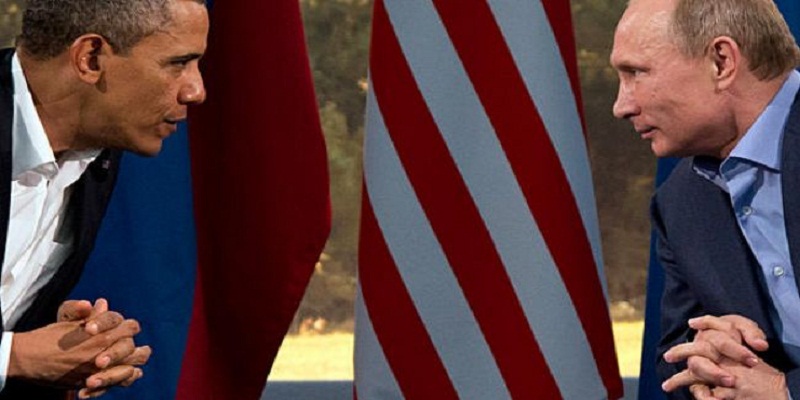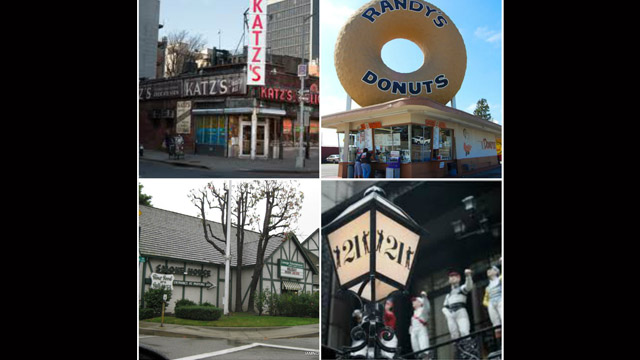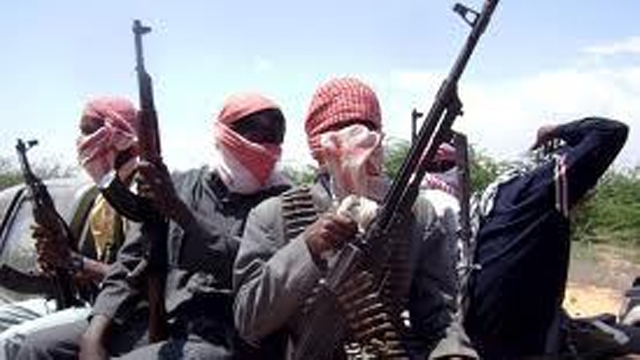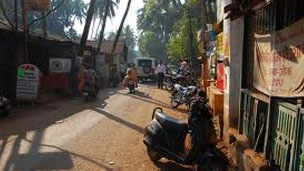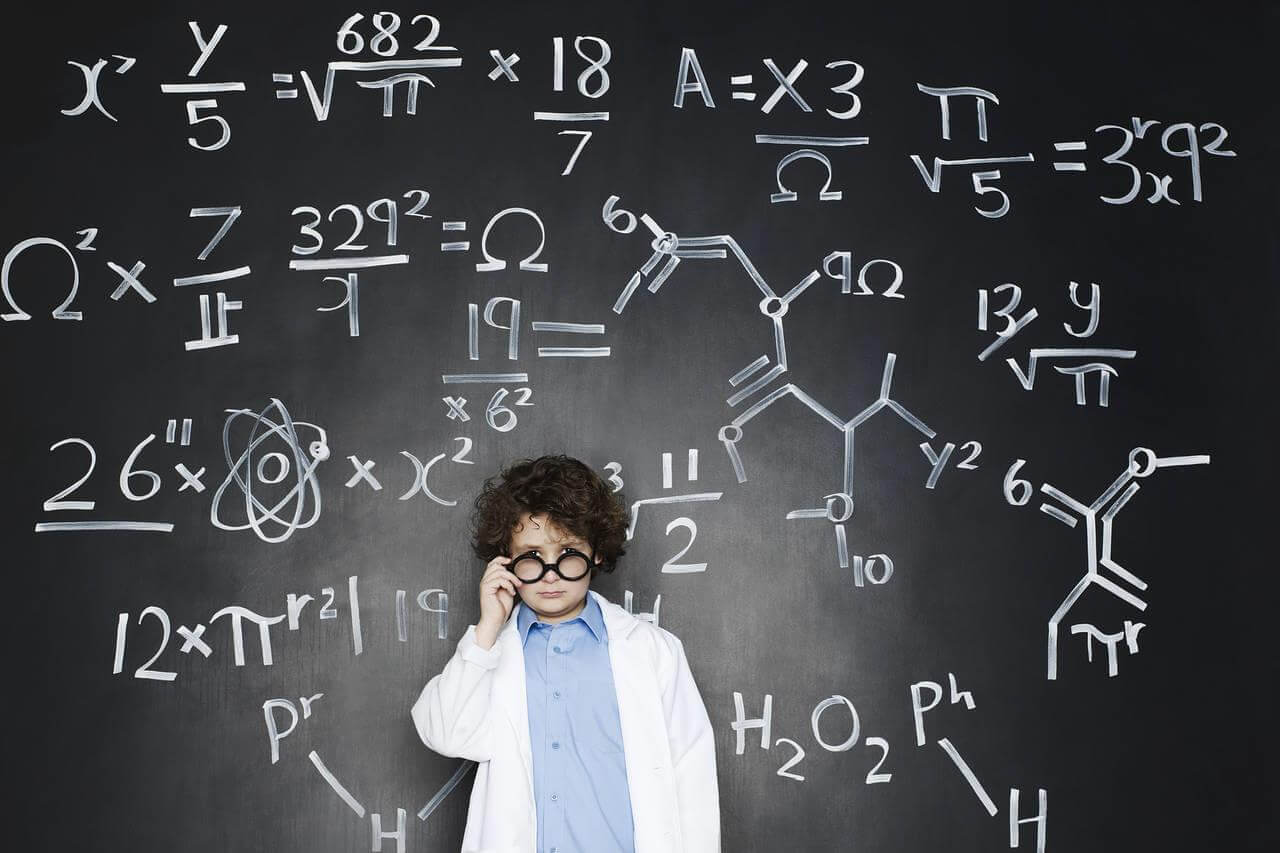The Western bloc may be engaging in sanctions and EU may be trying a last minute spell, but there is no doubt that they will not be able to stop the dismemberment of Ukraine.
Russian President Vladimir Putin took the first legislative step towards absorbing Crimea when he formally informed the parliament of the peninsula’s request to join the country. Putin, who signed an order on Monday recognising Crimean independence, also approved a draft bill on the accession.
The move comes after a referendum was carried out on Sunday in which 97% of Crimean voters backed splitting from Ukraine as per the Crimean officials. According to The Hindu, “the option of the status quo was not offered, and the Crimean government, headed by Sergey Aksyonov, promptly voted to approve the plan.”
The crisis which led to the referendum has the then Ukrainian President Viktor Yanukovych’s at centre who departed from his office unannounced on February 22. This was a result of public protests going on for weeks over revelations of his corruption and his abrogation of an association agreement with the EU, which may well have led to Ukraine’s joining the EU in due course.
Sensing the crisis, Russia sent troops into the 58 per cent ethnic-Russian province. Earlier, Russia had offered Kiev a €15-billion aid package to take it out from the mess.
Since then, the relations between US and Russia have plummeted.
The Europe and US are so incensed by Putin’s move that they have declared the referendum illegal. Ukraine’s interim Prime Minister Arseniy Yatsenyuk described the vote as a “circus” carried out at gunpoint.
Travel bans and asset freezes have been imposed on government officials and other figures in Russia, Crimea and Ukraine. Both have targeted officials in Crimea and Russia whom they accuse of involvement in the military intervention in Crimea and the vote on secession.
But Washington has gone for much more powerful politicians and advisers, according to BBC.
At the top of its list is Vladislav Surkov, a close aide of President Putin, who is considered the chief ideologue who helped create the authoritarian brand of government or “vertical of power”, at the top of which Putin still stands.
Number two on the list is another top aide, Sergei Glazyev, the president’s point man on Ukraine.
The nine others include the head of the upper house of the Russian parliament, the deputy prime minister and the leader of the ethnic Russians in Crimea.
But it is far from clear if any of these officials have assets in the US such as bank accounts, shares or property, which can now be frozen. And the response from those on the hit-list has been dismissive.
“I view the decision by the Washington administration as recognition of my services to Russia,” Surkov told the Moskovskiy Komsomolets newspaper. “This is a great honour for me,” Surkov said, adding that he did not have any accounts abroad.
The divide, which has long been created, saw Russia’s state-run Channel One TV station presenter – well known for his loyalty to the Kremlin – stand in front of a backdrop photograph of a nuclear bomb exploding during one of the news analysis programmes on Sunday evening.
“Russia is the only country in the world which has the capability of turning the United States into radioactive dust,” he said in all his seriousness.
Soon, US President Barack Obama announced that he will travel to Europe next week and his Vice-President Joe Biden will be visiting Poland and Lithuania.
“Our message is clear,” said Obama, “As Nato allies we have a solemn commitment to our collective defence and we will uphold this.”
Moscow has continued to push ahead at a relentless pace, announcing that on Tuesday afternoon local time, Putin will address a special gathering in the Kremlin of members of parliament. A few hours later on Red Square, there will be a concert entitled “We are together”.
Over the time, we have seen Putin growing bolder. Last year in September, he had dared Obama over Syrian crisis by clearly sending a message that there were no superpowers anymore. This time, he has prepared well for swallowing the peninsula.
Putin was well aware that the EU deal would have involved Ukraine in IMF restructuring and much closer cooperation with NATO-dominated EU defence institutions. This was a threat to Moscow. The emergence of evidence that U.S. troops had helped prime Georgian weapons in the latter’s 2008 attempt to seize South Ossetia alerted Russia.
In addition to all this, the unilateral U.S. recognition of Kosovo in 2008 was another matter that Putin would have recalled in the wake of Crimean crisis. Moreover, ethnic Russians in Crimea were not consulted over then Soviet President Mikhail Gorbachev’s decision to hand over the province to Ukraine when the USSR collapsed in 1991.
The Western bloc may be engaging in sanctions and EU may be trying a last minute spell, but there is no doubt that they will not be able to stop the dismemberment of Ukraine.
Cold War Part II has begun.

